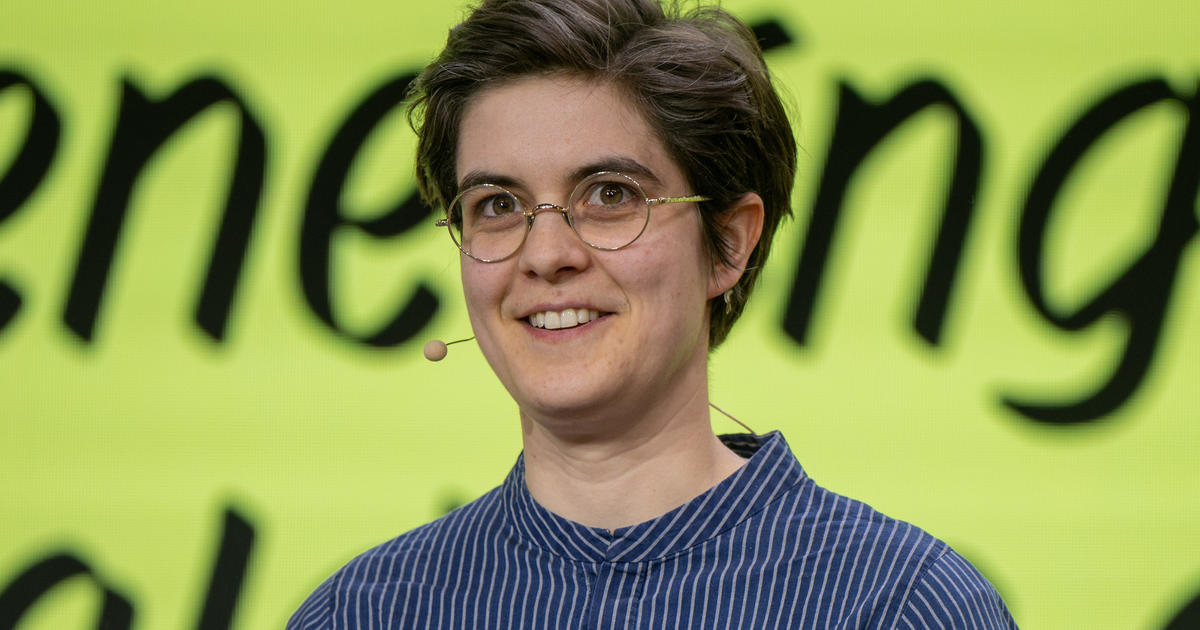Last year, heiress Marlene Engelhorn presented a question to her fellow Austrians: “How should I spend my 25 million euro inheritance?” Engelhorn, who comes from a European business dynasty, said she would choose 50 strangers from different demographics to brainstorm ways for her to use her money – and now, their spending plan has been released.
Englehorn sent invitations to 10,000 randomly-selected Austrians, asking them to complete a survey. She narrowed the survey participants to 50 council members and tasked them with distributing 25 million euros — more than $27 million — to those who need it, since Austria doesn’t impose taxes on wealth and inheritance.
The diverse council included people from different ages, incomes, education levels and even attitudes on wealth distribution. They were moderated by a team of eight and were also advised by academics and experts.
After meeting over six weekends, the team of 50 people, called “Guter Rat” or Good Council, decided to distribute the inheritance to 77 initiatives, including Tax Justice Network, Attac Austria, the Momentum Institute and the World Inequality Lab.
They decided to use the money to fight against poverty-related illness as well as protect women from violence. “Poor makes you sick and sick makes you poor,” said council member Dietmar Feurstein, quoting from the council’s deliberations.
They are donating some of Englehorn’s inheritance to women’s shelters, the deaf association and inclusive soccer clubs.
Another area of focus – housing, integration and education – was brought to the table by 17-year-old council member Kyrillos Gadall. They chose to donate to organizations that work to obtain affordable housing for those in need.
They also wanted to focus on migrants and refugees by supporting language and other educational courses as well as organizations that advocate for better access to health care and working conditions.
“In summary, the result is as diverse as the council itself,” said project manager Alexandra Wang. “Initiatives that directly support those affected or tackle the causes of the problem were supported. Both small and large organizations were considered, as well as young initiatives and long-established organizations.”
She said all the decisions had one thing in common: “They want a fairer society. They want everyone to live well together. And they want to support those who are discriminated against.”
